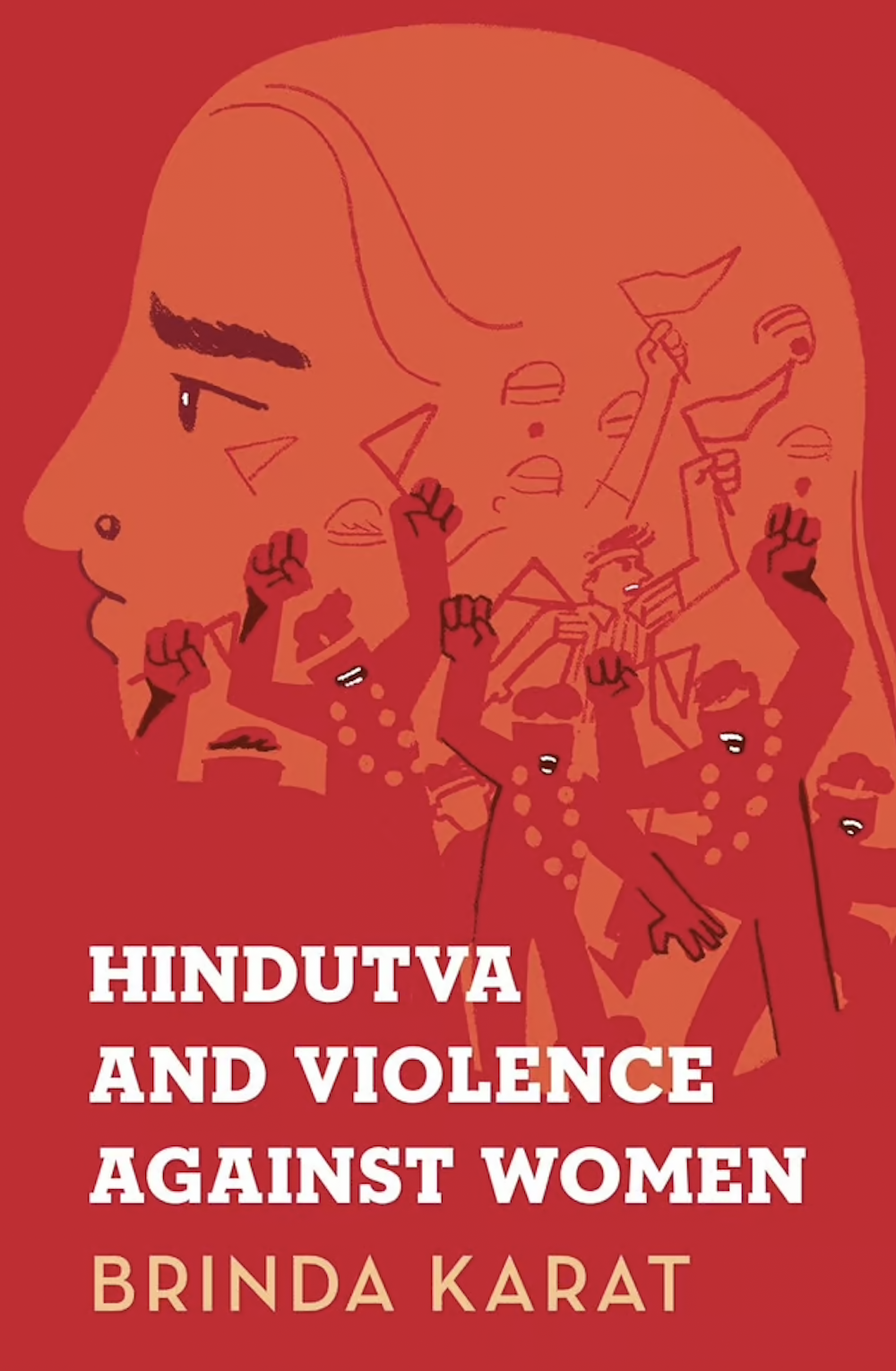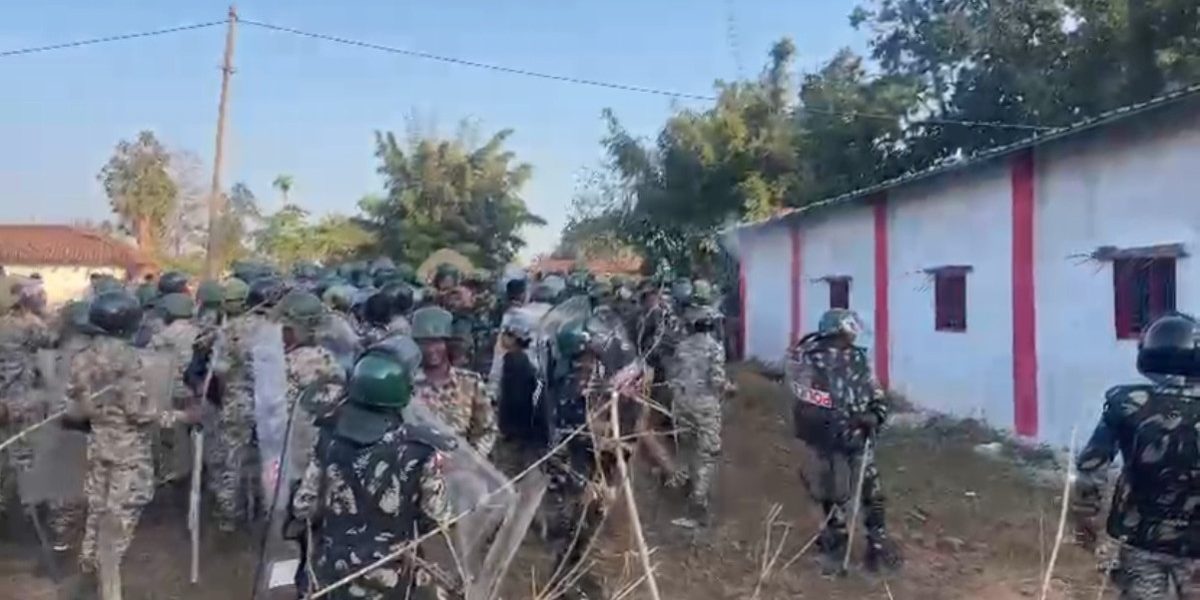
By Anusha Paul
Drawing on the multiple cases of communalised sexual violence against Muslim, Christian, Dalit, and Adivasi women across India, Brinda Karat’s latest book, titled Hindutva and Violence Against Women, is a bone-chilling read. Brinda Karat, a founding member of the All India Democratic Women’s Association (AIDWA), one of the largest women organisations in India, and a member of the Politburo of the Communist Party of India (Marxist), explores how ‘Hindutva’ serves as a framework for socio-political dynamics.
The author skillfully interlaces the historical context with ongoing realities to delve into the complex relationships between ideology, nationalism, and gender-based violence in India today. She makes it clear in the introduction that the changing dimensions of violence in India do not always indicate the emergence of something ‘new.’ Rather, they represent an intensified manifestation of existing detrimental and frequently adverse trends. Various factors contribute to these trends becoming dominant, ultimately leading to significant shifts in the landscape of violence.
As each chapter progresses, the book offers a comprehensive examination of various instances of sexual violence against women that have been driven by the Hindutva ideology that is propagated by the Rashtriya Swayamsevak Sangh (RSS) and executed by their political arm, the Bharatiya Janata Party (BJP). The author defines it as Manuvadi Majoritarianism. The book looks at how women are caught in the crossfire of communal tensions and patriarchal structures that breed this majoritarian ideology. Case studies ranging from mob violence to marital rape illustrate how societal expectations and nationalist fervour can exacerbate the vulnerabilities faced by women.
The author analyses well-known incidents that have sparked widespread media coverage and political debate. But what really stands out is the documentation gathered by the AIDWA, which provides in-depth testimonies that reveal the extent of the brutality together with accentuating the extraordinary resilience of the women and their families. These accounts reveal their unyielding will to never give up and their unrelenting pursuit of survival and justice.
This story was originally published in outlookindia.com. Read the full story here.





